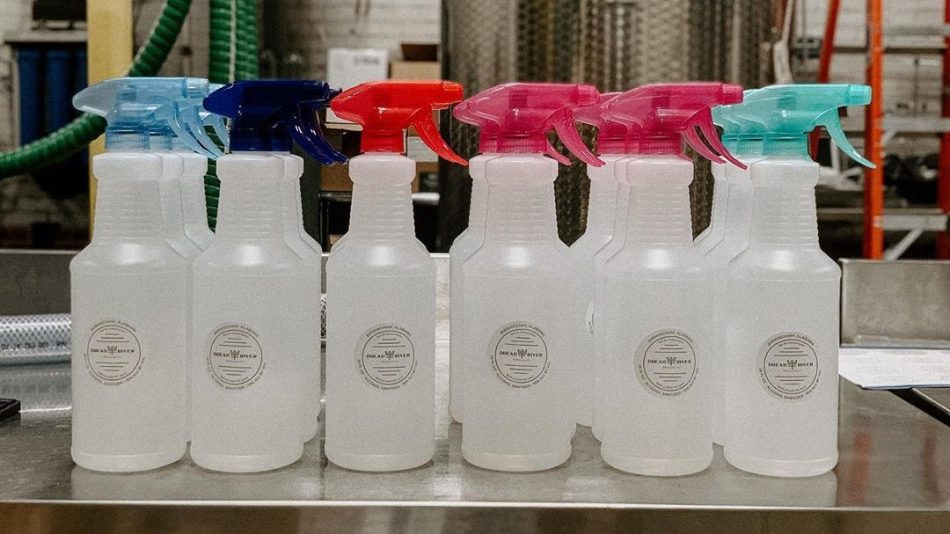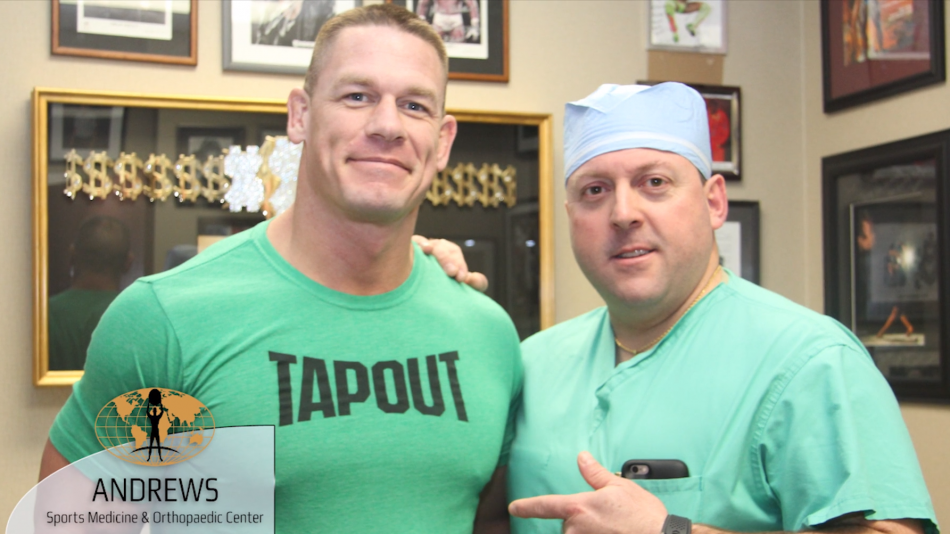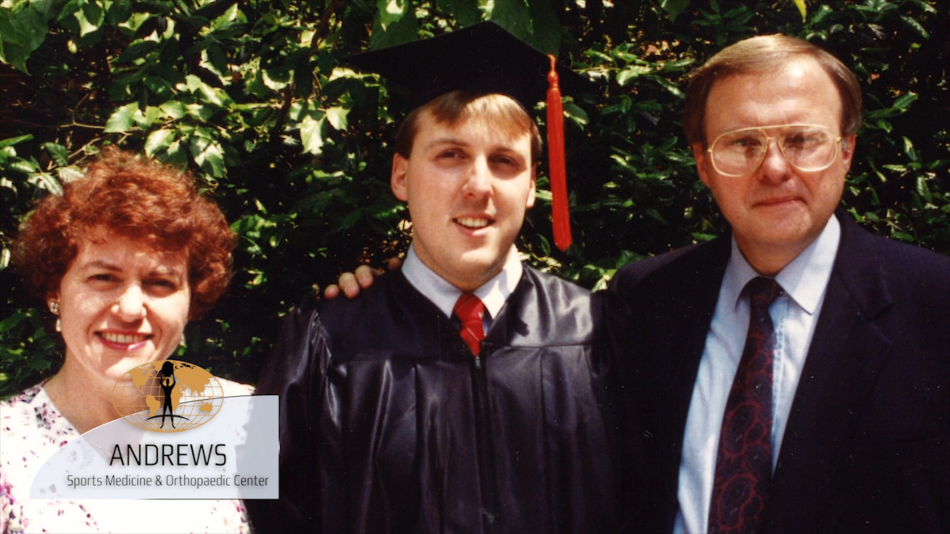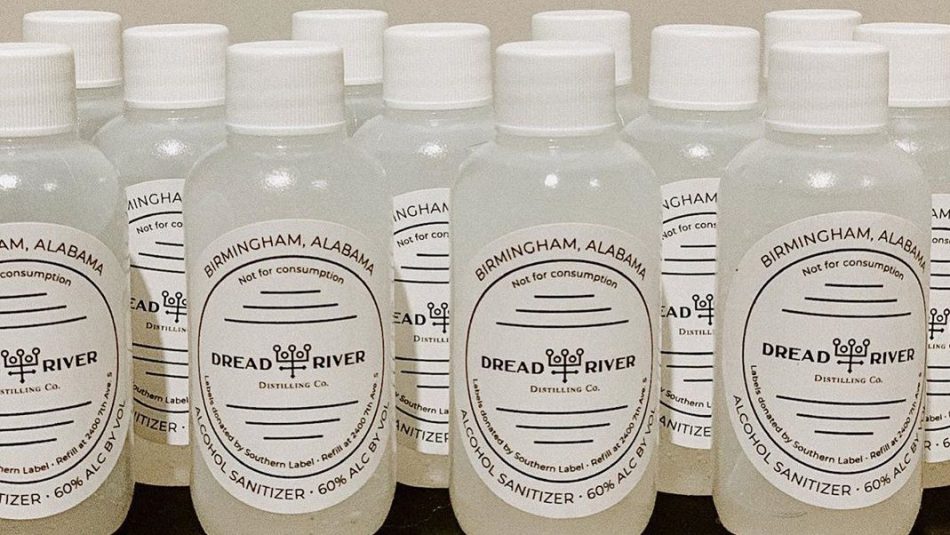Lessons distilled, from sports medicine to sanitizer

Four years ago, 1990 NC State alumnus Jeff Dugas took a longtime hobby a step further as co-founder of Dread River Distilling Co. in downtown Birmingham, Alabama.
Producing small-batch, craft spirits, the company quickly began to thrive. Its 9,000-square-foot manufacturing facility is the largest distillery in the state by a wide margin, making vodka, rum, gin, whiskey and blue agave. Tours, tastings and catered events take place in a front-of-house space of similar size.
Lately, though, the distillery has become even better known for a different product: sanitizer.
As the COVID-19 pandemic grew, Dread River pivoted to make alcohol-based gel and spray liquid cleaning solutions and distribute these hard-to-find items free to its community. First priority goes to hospitals, clinics and other healthcare sites. Additional sanitizer goes to essential businesses such as bars and restaurants doing takeout and delivery.
“We’ve been making it as fast as we possibly can. We got about 300 orders in the first three or four weeks,” Dugas said. “One person will come to us and say, ‘I really need sanitizer for my business to keep going. Here are 10 empty bottles.’ Another will say, ‘I need 300 gallons as soon as possible.’

“We’ve had thousands of empty bottles donated for us to fill and even a few monetary donations for supplies. It’s been very gratifying and cool to see the way people are coming together and trying to make things better in this situation.”
On the surface, this role seems odd for Dugas, whose day job is doctor. He’s an orthopedic surgeon and sports medicine specialist at the prominent Andrews Sports Medicine and Orthopaedic Center, whose co-founder Dr. James Andrews pioneered Tommy John surgery.
Dugas himself specializes in elbows, knees and shoulders, working with many baseball players as well as other high school, college and professional athletes from across the country. He even serves as medical director for WWE (World Wrestling Entertainment).

But just as his distillery and clinic are geographically fairly close together among Birmingham’s considerable medical community and popular foodie area, there is common ground in his interests, Dugas said. And much of what has shaped his life was built on lessons from NC State — lessons that he distilled, you might say.
Growing up, Dugas lived in several states and spent part of his childhood in Charlotte. NC State also was familiar because his father, who worked in sales and marketing with a major chemical company, recruited potential employees there; his mother was a career educator. As a high school student in Akron, Ohio, with strong math and science interests, the younger Dugas visited the university.
His host and family friend Hal Hopfenberg was chair of what’s now the Department of Chemical and Biomolecular Engineering; Hopfenberg later served as interim athletics director and is now Camille Dreyfus Professor Emeritus of Chemical and Biomolecular Engineering.
Dugas told his tour guide that he dreamed of attending medical school. Hopfenberg told him to major in chemical engineering.
“He said, ‘If you can succeed at this, it will keep all doors open to you,’” Dugas said. “Little did I know how incredibly difficult chemical engineering would be. I tell people all the time that was probably the best advice I ever received because it prepared me so well. It was amazing training.
“Even though I don’t remember everything about thermodynamics or chemical transport, I sure know a lot about problem solving and process. I use what I learned every day as an orthopedic surgeon, and I don’t get too worried about challenges.”

After completing his bachelor’s degree from NC State, Dugas earned his medical degree from Duke. Following a residency in New York City, he moved to Birmingham in 1999 for a fellowship with Andrews. Now a founding partner with the practice, Dugas directs its education program through the American Sports Medicine Institute, overseeing nearly a dozen fellows at any one time.
His college major also influenced his longtime hobby of brewing beer, which led to visits to lots of breweries and distilleries to learn and enjoy the craft’s intricacies.
Eight or nine years ago, a retired neighbor in the Hilton Head, South Carolina, area where Dugas’ family has often vacationed opened a rum distillery. Fascinated by their conversations, Dugas, a few friends and his now-retired father started a brokerage to help get the rum into Alabama restaurants and bars. They had, Dugas said, a small amount of success and a great deal of fun.
The neighbor told them that Birmingham, despite its considerable hospitality and tourism sector, was the largest North American city without a commercial distillery.
“The next thing you know, we’re looking at space, repurposing a building and hiring people,” Dugas said.
Dread River uses a 5,000-liter pot still. The first 10% of alcohol produced on a run, called the “heads” and including methanol, is too dangerous to drink. The back end, or “tails,” makes up 30 to 40%; unless barreled for years to become drinkable, this portion smells and tastes awful but isn’t dangerous. The remaining “hearts” of the run produce the ethanol used in the distillery’s products.

So while the team continues to make regular products, much excess alcohol literally was going down the drain. They jumped into action to learn about standards needed to kill viruses and sanitizer-related regulations, and to order extra corn as well as aloe, glycerin and essential oils. For the cleaning products, they’re watering down 190-proof heads and tails to 160- or 170-proof.
“Our distiller is a wizard. He said we’ve got the capacity to [produce sanitizer] and we immediately said it’s the right thing to do for the community. It was really a no-brainer,” Dugas said. Dread River is also converting leftover grain into giveaway dog treats.
Dugas’ parents instilled the idea of giving back. He volunteers on NC State’s departmental advisory board for chemical and biomolecular engineering, and has spoken to graduating seniors. He has financially supported areas such as his fraternity, Sigma Phi Epsilon.
During college, he was a chancellor’s aide, an orientation counselor and a walk-on baseball player who “threw a lot of batting practice.” He also worked a part-time job in the men’s basketball office.
Which brings us to one more life-shaping NC State experience. The coach at the time? The late Jim Valvano. Later, when Valvano was at Duke undergoing cancer treatment, medical student Dugas visited him a few times.
Once, he found Duke coach Mike Krzyzewski working quietly in the sleeping Valvano’s room. He and Coach K had a brief but memorable conversation. A lesson distilled: Valvano’s ability to make the most of the talents of people around him.
“That’s coaching, Coach K said. Like my parents, Coach V was someone who could inspire and support people to be better. He had such incredible energy and love for life,” Dugas said. “All those lessons – that’s something that I really took to heart and have tried to remember and follow as best I can throughout my life, and in my own career as a physician and a businessperson.”
See the latest updates about NC State’s coronavirus response and learn more about how our resilient Pack is supporting the community.
This post was originally published in Giving News.
- Categories:


